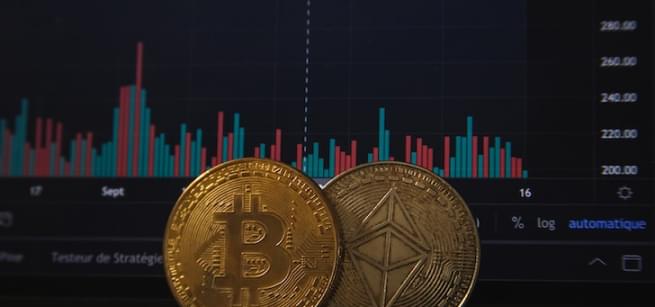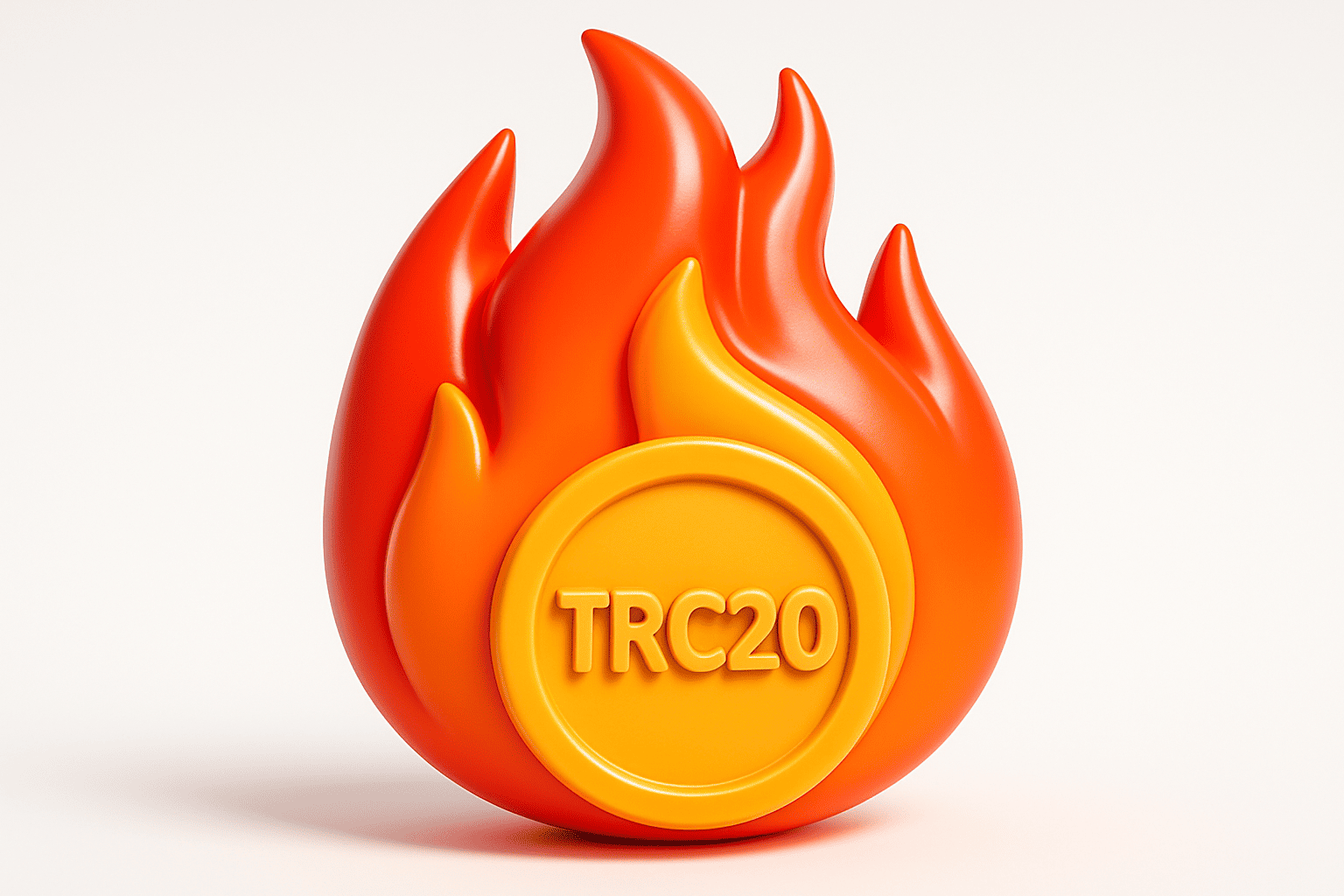Alchemix
Download app Ironwallet and get tool for making transaction without network fee
About Alchemix
Alchemix is a novel decentralized finance (DeFi) platform built on the Ethereum blockchain that allows users to obtain loans by putting up crypto tokens as collateral without having to worry about liquidation risk. The protocol enables the creation of synthetic versions of assets that accrue interest over time.
Overview of Alchemix Platform
The Alchemix platform is composed of smart contracts that accept deposits of select crypto assets such as DAI, ETH, and USDC. Users deposit these assets into Alchemix vaults and receive an equivalent amount of alTokens in return. For example, depositing DAI yields alDAI.
These alTokens represent a claim on the underlying collateral plus accrued interest. They can be used immediately as collateral to take out loans on the platform or traded on secondary markets. The key innovation of Alchemix is that alTokens autonomously pay down their own loans over time by using the yield farmed from the deposited assets.
Alchemix Token (ALCX)
ALCX is the native ERC-20 token of Alchemix, fulfilling governance and incentivization roles. With the introduction of AlchemixDAO, stakers will gain new functions and responsibilities. For instance, a revenue sharing model under consideration would allow stakers to earn a share of the protocol’s earnings. Additionally, in the rare case of a major financial shock, staked ALCX could help safeguard the protocol’s stability.
When Alchemix was launched in February 2021, an initial allocation of 478,612 ALCX tokens was made, with 15% designated for the DAO’s treasury and 5% for a bug bounty program. The community was allocated 358,959 ALCX tokens for future use. The first week of staking saw about 22,344 ALCX tokens distributed from Staking Pools, with weekly emissions decreasing by around 130 ALCX. The token’s supply isn’t capped, and it’s anticipated that after three years from its launch, the circulating supply will reach approximately 2.393 million tokens. Emissions will then stabilize at 2,200 ALCX per week, increasing the total supply by 114,400 ALCX each year, which translates to an initial inflation rate of about 4.5%, with a yearly decrease.
Significant ALCX holdings include:
- 29% in the Tokemak ALCX Token Reactor
- 18% in the ALCX Single-Sided Staking Pool
- 15% in the Alchemix Treasury
- 14% among ALCX/ETH SushiSwap Liquidity Providers
Supported by robust liquidity, ALCX is traded on various centralized and decentralized exchanges such as SushiSwap, Bancor, Gemini, Coinbase, Binance, FTX, HitBTC, BKEX, and others. There’s also an ALCX options market available on Premia Finance. As initial partners with Olympus Pro and Tokemak, Alchemix is strategically positioned to use Protocol Owned/Controlled Liquidity (POL/PCL) to ensure adequate liquidity for the ALCX token and other asset types.
How Alchemix Works
The process starts when a user deposits tokens into a vault. This immediately yields alTokens which represent a share of the deposited assets and yield. At this point, the user can borrow a percentage of their alToken collateral on Alchemix.
As an example, Bob deposits 10 ETH and gets 10 alETH in return. Bob can now borrow up to 50% of the value of alETH as a loan. Over time, the yield generated by Bob’s 10 ETH is accrued by the alETH. This yield helps paydown the loan autonomously. In effect, Alchemix enables self-paying loans.
Users can withdraw their original assets at any time as long as there is enough yield generated to pay off the loan balance. If not, some of the collateral may be liquidated. Overall, Alchemix reduces liquidation risk substantially compared to regular collateralized loans.Advantages of Alchemix
- Self-paying loans reduce liquidation risk
- No need to actively manage loans or rebalance collateral
- Interest accrues automatically to alTokens
- Innovative product in rapidly evolving DeFi space
- Attractive staking yields and incentives for ALCX holders
- Capable team with background in crypto finance
Disadvantages and Risks
- Technical complexity leads to security issues
- Smart contract risks could result in loss of funds
- Low adoption and TVL so far
- Speculative nature and volatility of ALCX
- Regulatory uncertainty around DeFi lending protocols
- Platform competition from the likes of AAVE, MakerDAO etc
Buying and Storing ALCX
ALCX is currently traded on major exchanges like Coinbase, KuCoin, FTX and Uniswap. It can be purchased with ETH, USDT or other cryptocurrencies. Once bought, ALCX should be stored in a secure Ethereum-compatible wallet. Non-custodial wallets like IronWallet and MetaMask or hardware wallets provide optimal security.
Staking ALCX on the platform yields additional rewards over time. However, staked tokens may have limited liquidity. Analyzing lock-up periods and associated risks is advisable before committing to staking.
The Future of Alchemix
Alchemix is still in the relatively early stages, but the protocol is demonstrating promising adoption. As of October 2023, there is over $100 million in total value locked on Alchemix. More work needs to be done on security audits and protocol testing.
Expanding integrations with other DeFi platforms could significantly increase user demand. There is also scope to include more asset collateral options. Enabling cross-chain operability would likewise boost growth.
The Alchemix team needs to focus on effective governance mechanisms for long-term decentralization. With the rapid pace of innovation in DeFi, Alchemix requires continuous evolution to remain relevant. By addressing current limitations, Alchemix could become a leading decentralized lending and yield generation platform.
In summary, Alchemix proposes an innovative solution to improve capital efficiency in DeFi lending. If the protocol manages to succeed on both technological and adoption fronts, ALCX could prove to be a worthwhile bet for forward-thinking crypto investors. But prudent evaluation of short-term risks is advisable before committing significant capital.





















